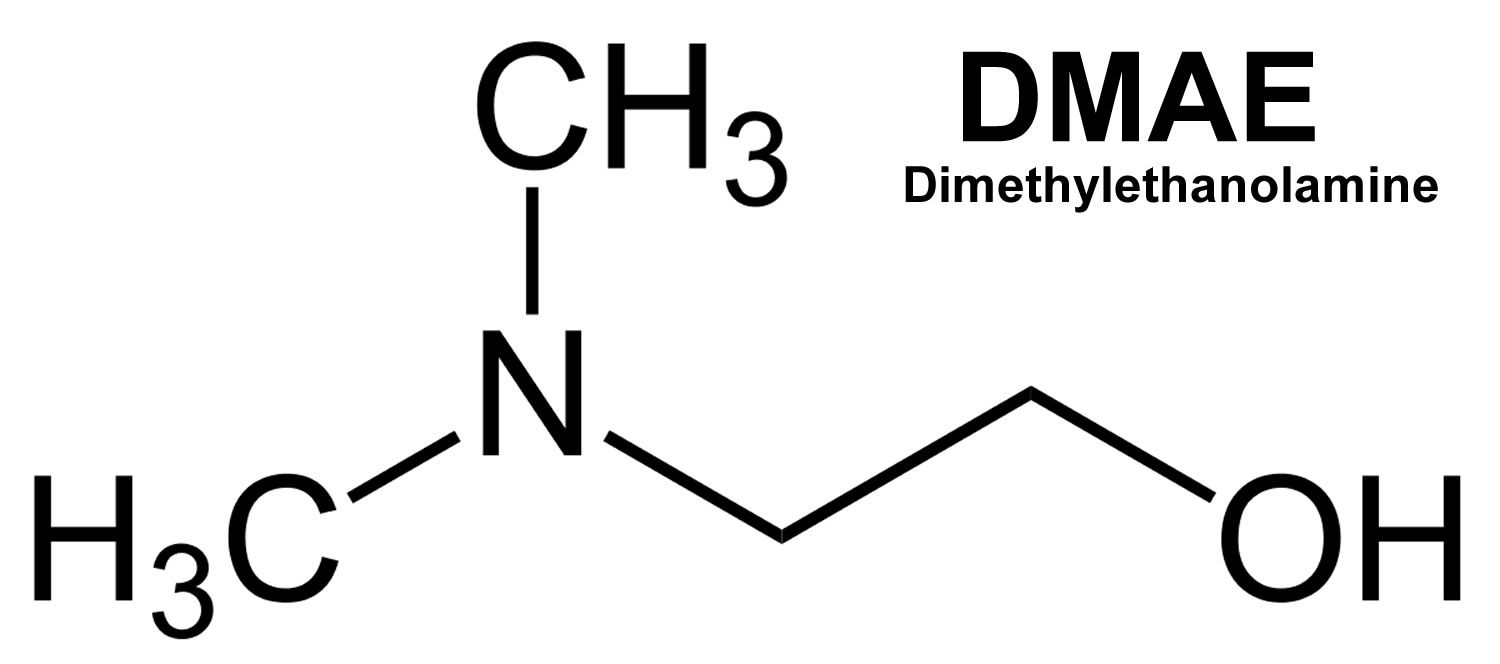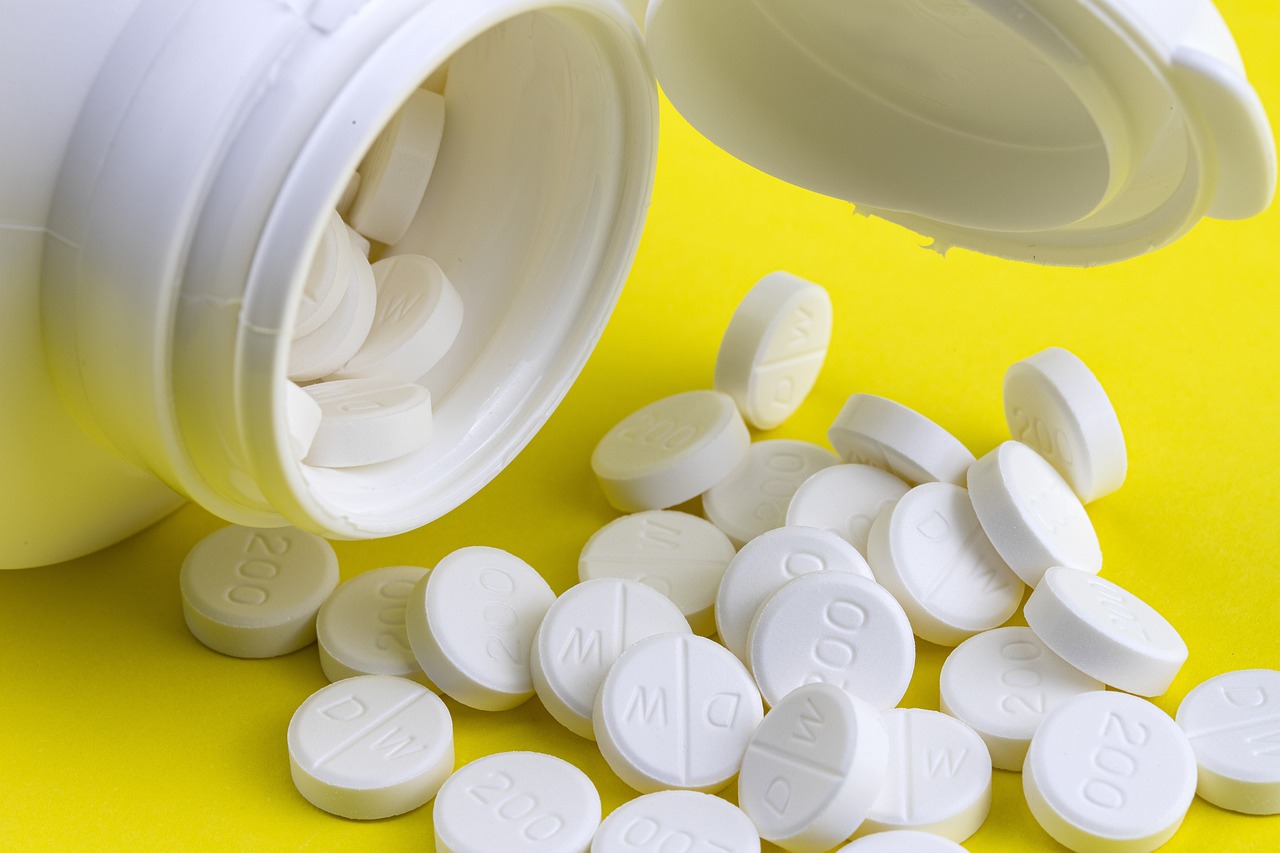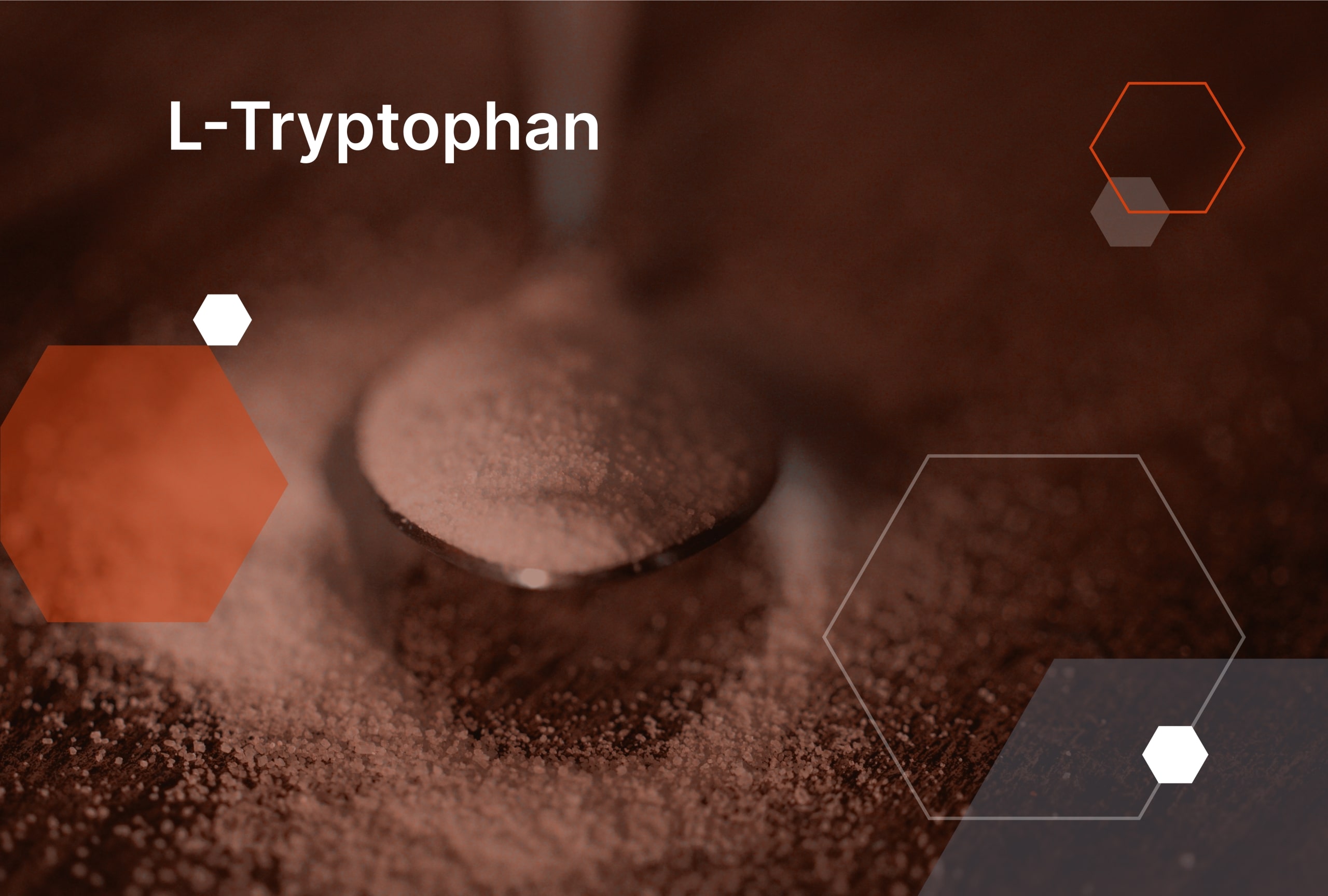DMAE

Dimethylaminoethanol (abbreviated as DMAE) is an organic compound that is produced in the human brain and is also found in fish like anchovies, salmon, and sardines. Medical researchers believe that DMAE increases the production of acetylcholine, a neurotransmitter that benefits the brain and the central nervous system in general.
What is DMAE?
DMAE is a amino acid which is found in small amounts in the brain. According to studies, DMAE is a crucial substance that functions as a building block for choline, which allows the brain to manufacturer acetylcholine. Research indicates that acetylcholine, a neurotransmitter, plays an important role in the conduction and functioning of signals in the brain and the nervous system.
Other names for DMAE include DMAE Bitartrate, Deanol aceglumate, Deanol benzilate, Deanol acetamidobenzoate, Deanol bisorcate, Deanol cyclohexylpropionate, Deanol tartrate, Dimethylaminoethanol, Dimethylaminoethanol Bitartrate, Dimethylethanolamine, 2-Dimethylaminoethanol, and 2-Dimethyl Aminoethanol.
DMAE benefits
DMAE is used to treat a variety of conditions and illnesses associated with the brain and the central nervous system. It is also used in skin care products to reduce the signs of aging. The known and potential benefits of DMAE include:
- Treating attention deficit hyperactivity disorder ( ADHD);
- Boosting memory and brain power;
- Improving and elevating moods;
- Treating symptoms associated with Alzheimer’s disease and dementia;
- Reducing depression;
- Alleviating tardive dyskinesia due to anti-psychotic drugs used for schizophrenia;
- Treating symptoms of Huntington’s Chorea;
- Boosting athletic performance;
- Resolving symptoms associated with autism;
- Slowing the body’s production of arachidonic acid, which leads to wrinkles and signs of aging of the skin.
DMAE side effects
DMAE is considered to be a very safe supplement when consumed in amounts as recommended by health professionals. It is not recommended for patients with bipolar depression, epilepsy, Parkinson’s disease, or seizure disorders. In addition, it is not recommended for women who are pregnant or nursing unless approved by their medical doctor.
Side effects associated with DMAE are very rare and not usually serious. In a few cases, patients have reported body odor, confusion, drowsiness, gastrointestinal distress, high blood pressure, irritability, and moderate depression.
How does DMAE help brain function?
DMAE is a precursor to choline, an important nutrient that is often associated with the B-vitamin group. Choline is used by the body for many important functions, which include cell membrane integrity and the healthy functioning of neurotransmitters known as acetylcholines. According to studies, both DMAE and choline are linked to evidence that they promote optimal functioning of memory and also enhance learning abilities. DMAE and choline also promote oxygen levels in the blood, which help to boost circulation and promote healthy cell functioning both in the brain and in other parts of the body.
Consuming fish, especially salmon, sardines, and anchovies, helps to increase the level of DMAE in the body. High-quality supplements containing DMAE are also an excellent way to improve the levels of DMAE and reap the associated benefits. Curious about which top-rated brain supplements contain DMAE? Check out our reviews!



